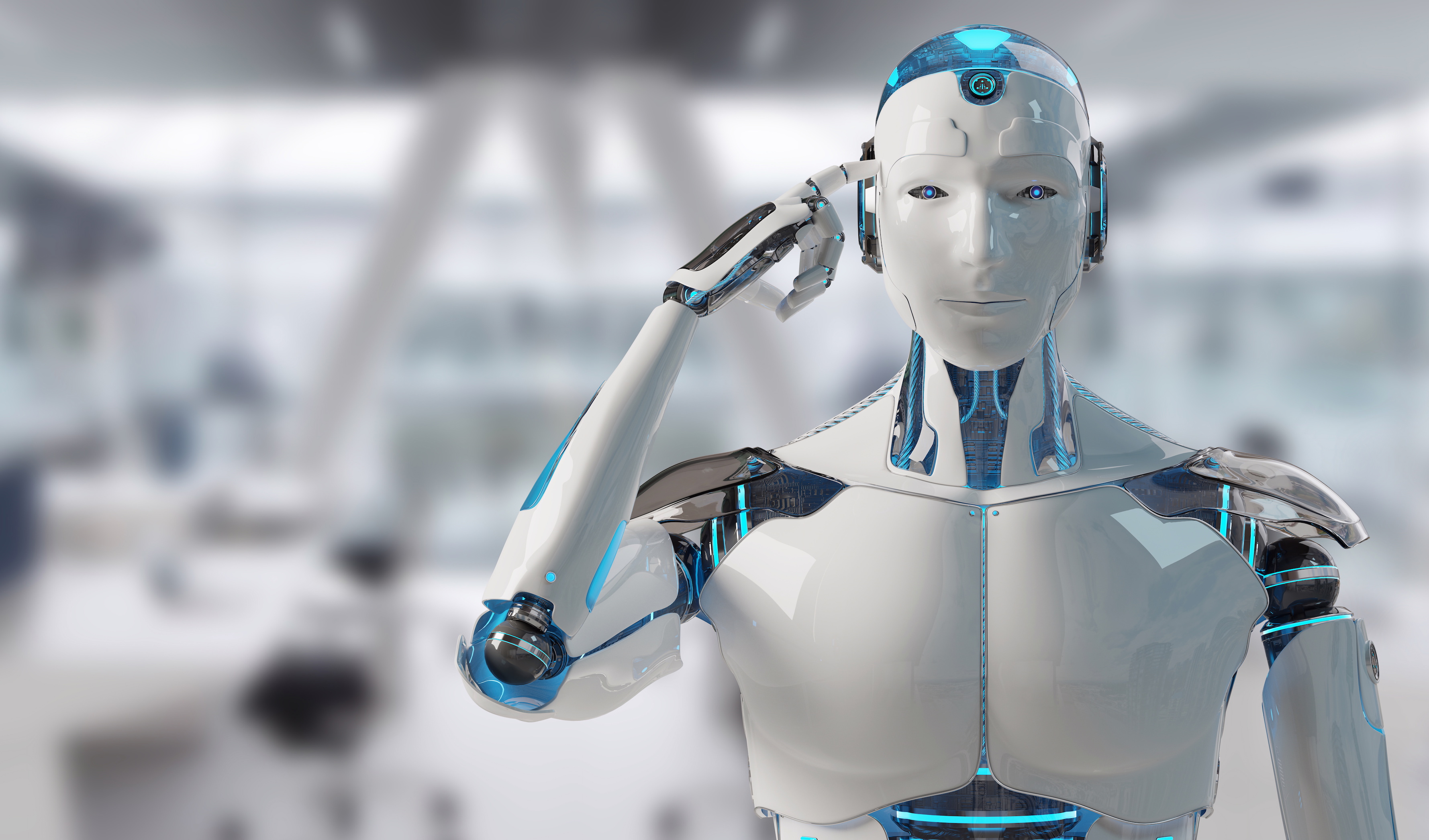Computers don’t get fed off of learning new lessons that is too easy or too hard, like humans. They never neglect to learn too. Having this in hand, scientists thought of how could be the world with AI being able to think and learn by itself, just as humans. Not only thoughts, but they also achieved in developing algorithm that makes computers to learn by itself. Colloquially, teaching AI to teach itself is kind of inputting brain to computers.
Teaching Artificial Intelligence to teach itself
The idea was conceived and approached by a handful of groups all over the world, including Google and procreated unique outcomings.
Solving Puzzle – PAIRED
In one of the experiments held by researchers of University of California, Berkeley, graduate student Michael Dennis and Natasha Jaques, a research scientist at Google, an AI program is developed that quickly solves out the way to reach the destination by navigating a 2D grid populated with solid blocks. The “agent” improves its abilities through a process called, reinforcement learning, a kind of trial and error.
The puzzle-like program comprised of two methods to find ways to reach out the destination. One method randomly distributed blocks, which AI had nothing to learn from and the other method involved feeding-in past struggle information and maximized difficulty accordingly. This made the path too hard to solve for the AI and sometimes – impossible.
For this, scientists approached the matter in a new method, what they call “PAIRED”. PAIRED involved two AI, that were merely identical with a slight variation in their strengths, naming them new antagonist and already existing protagonist. Then, they designed a world of puzzle that was fetchable for antagonist but quite hard for protagonist. The designer then coupled them in a neural network – a program inspired by human brain’s framework – to learn its task over many trials.
AI resolved null mazes, when approached with the prior method; but PAIRED training made AI to solve one in five of them, team reported at the Conference on Neural Information Processing Systems (NeurIPS).
“We were excited by how PAIRED started working pretty much out of the gate”, Dennis says.
PAIRED also enabled Jaques and colleagues at Google to code an AI that could fill out web forms and book a flight about 50% of the time, wherein the traditional way failed nearly every time.
Google’s Self-Teaching AI
Google too attempted and succeeded in creating a self-teaching AI. Google’s AI division, DeepMind has unveiled AlphaGo Zero, an extremely advanced system that managed to accumulate thousands of years of human knowledge within days.
AlphaGo Zero is the advanced and smartest program that the company ever created, as it isn’t constrained by the limits of human knowledge.
Zero, the latest version of AlphaGo, triumphed by defeating 18-time world’s finest Go-Player champion Lee Sedol. How DeepMind developed this amazing program and how the thrilling match played out, has been turned into a 90-minute documentary called AlphaGo, released on Netflix earlier this month. It is a fascinating look into how the DeepMind team perfected the program to win this ancient Chinese board game that is said to have more possible configurations than the number of atoms in the universe.
At one point, AlphaGo makes a move that experts say no human player would have made. It seems the computer came up with “something original”. Then comes a bigger surprise: The move wasn’t taught by a human; the program taught itself.
Also read : AI recreates ancient sculptures & statues including Jesus’ Face
How does a program, program itself to learn?
Taking AlphaGo Zero for instance, its initial model, AlphaGo wasn’t very strong in competing the champions, as it mimicked human’s way of playing, after showing it several thousands of moves. Master Lee was confident in defeating the AI in game. But Zero uplifted the game more tough for the world champion; because Zero was playing against different and previous versions of itself thousands of times, keeping track of moves that worked and discarding ones that didn’t. In short, AI was competing with previous histories of itself, making it stronger. In the beginning, humans created Artificial Intelligence and taught it to do things. Now AI is teaching humans.
Don’t miss this to read: Batteries built by Viruses could be the Future of Battery Tech
Applications
The work could speed learning in self-driving cars and household robots and in helping to solve complex math problems. With AI becoming the future world, scope and demand of the tech proliferates, to the current-AI as the third-generation. This generation of AI interprets and abstracts to automate work through the neural-network. Self-teaching AI is often related to the neuromorphic computing, the advanced branch of computing.
Humans are congenially co-axed with upgrading & improvement and so, are never satisfied!
References:
- https://www.sciencemag.org/news/2021/01/who-needs-teacher-artificial-intelligence-designs-lesson-plans-itself?utm_campaign=news_daily_2021-01-21&et_rid=724899974&et_cid=3638651
- https://www.independent.co.uk/life-style/gadgets-and-tech/news/alphago-zero-go-deepmind-ai-artificial-intelligence-google-machine-learning-human-knowledge-a8009801.html
- https://www.livemint.com/Leisure/vtiKX8KtqZ97zjbB3M2q3N/Teaching-Artificial-Intelligence-to-teach-itself.html

